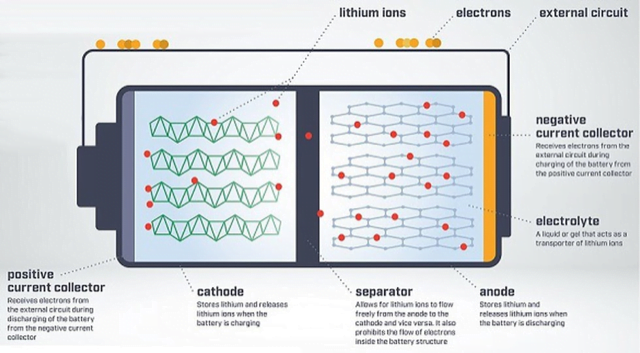UPSC Articles
Technique to improve the performance of lithium-ion batteries developed
Part of: GS Prelims and GS – III Sci & tech
In news
- Researchers from IIT Guwahati have developed a technique to improve the performance of rechargeable lithium-ion batteries, which power most of the portable devices used today.

Important value additions
- The 2019 Nobel Prize in Chemistry was jointly awarded to Stanley Whittingham, John Goodenough and Akira Yoshino for work that led to the development of lithium-ion batteries.
- These batteries are used in most mobile phones, smartphones, tablets, laptops and power banks, among other devices.
- Today, most Electrical Vehicles (EV) use Li-ion batteries as well, but are slowly reaching their theoretical limits of being able to provide roughly up to 300-watt hour per kilogram of energy.
- These batteries can also be used to store solar and wind power, which means that with their widespread use it may even be possible to live in a fuel free society.
Disadvantages
- Li-ion batteries are susceptible to overheating and are prone to damage at high voltages since they are made with flammable and combustible materials.
- Such batteries also start losing their capacity over time
Alternatives to Li-ion batteries
- In January 2020, researchers from Australia claimed that they developed the world’s most efficient lithium-sulfur (Li-S) battery, capable of powering a smartphone for five continuous days
- Li-S batteries are generally considered the successors of Li-ion batteries because of their lower cost of production, energy efficiency and improved safety.
- Their cost of production is lower because sulfur is abundantly available.












